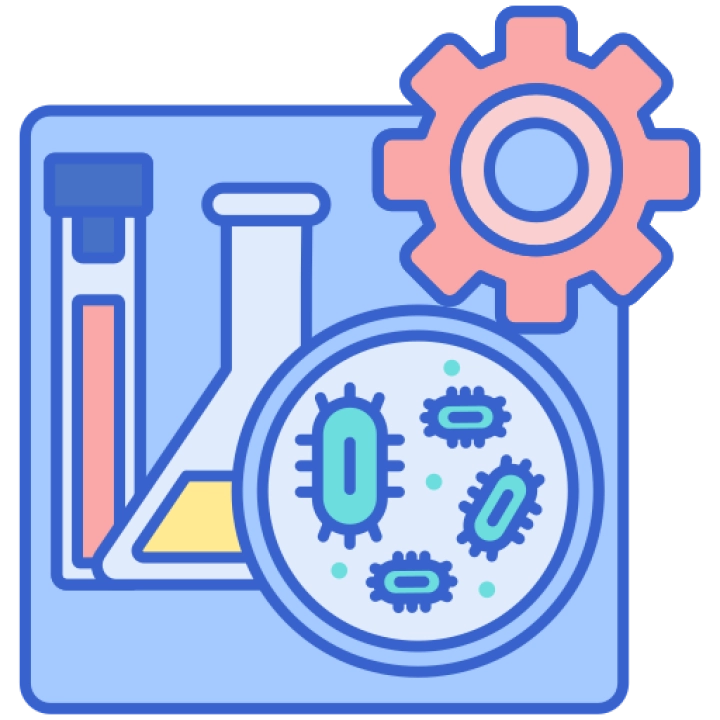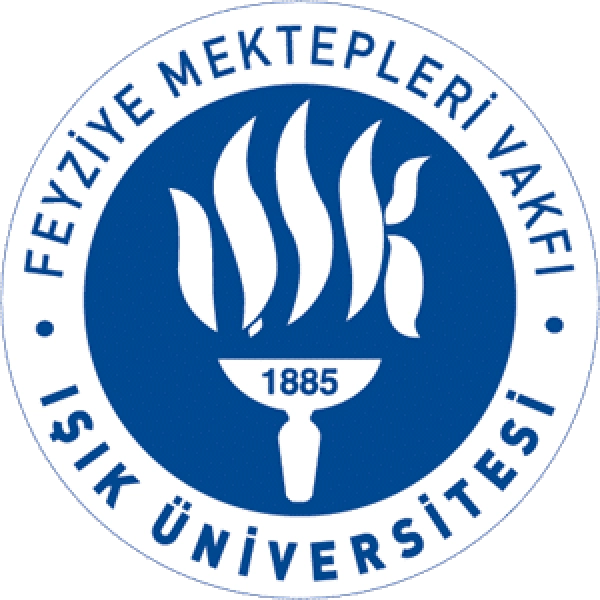Medical Laboratory Techniques: A Comprehensive Guide
Medical Laboratory Techniques involve the analysis of biological specimens (blood, tissue, fluids) to diagnose diseases, monitor treatments, and ensure patient health. Lab technicians and technologists play a critical behind-the-scenes role in healthcare.
1. Key Areas of Medical Laboratory Science
| Department | What It Analyzes | Common Tests |
|---|---|---|
| Hematology | Blood cells | CBC, Hemoglobin, Coagulation tests |
| Clinical Chemistry | Body fluids (glucose, enzymes) | Lipid panel, Liver/kidney function tests |
| Microbiology | Bacteria, viruses, fungi | Cultures, Antibiotic sensitivity tests |
| Immunology/Serology | Immune system responses | HIV, Hepatitis, COVID-19 antibody tests |
| Histopathology | Tissue samples (biopsies) | Cancer detection, Autopsy analysis |
| Molecular Diagnostics | DNA/RNA (genetic testing) | PCR, Genetic disorders, Forensic analysis |
2. Roles in Medical Laboratory Science
| Job Title | Responsibilities | Education Required |
|---|---|---|
| Medical Lab Technician (MLT) | Performs routine tests under supervision | Associate degree + certification (e.g., ASCP) |
| Medical Lab Technologist (MLS/MT) | Complex testing, supervises MLTs | Bachelor’s degree + certification |
| Histotechnologist (HTL) | Prepares tissue samples for pathologists | Bachelor’s + HTL certification |
| Phlebotomist | Collects blood samples | Short-term certification program |
| Lab Manager/Supervisor | Oversees lab operations, quality control | Bachelor’s/Master’s + experience |
3. Essential Skills for Lab Professionals
✔ Attention to Detail – Small errors can affect diagnoses.
✔ Technical Proficiency – Operating lab instruments (microscopes, analyzers).
✔ Analytical Thinking – Interpreting test results accurately.
✔ Sterility & Safety – Following OSHA, HIPAA, and biohazard protocols.
✔ Time Management – Handling multiple samples efficiently.
4. Education & Certification
- Entry-Level (MLT):
- Associate Degree (2 years) in Medical Laboratory Technology.
- Certification: ASCP, AMT, or AAB.
- Advanced (MLS/MT):
- Bachelor’s Degree (4 years) in Medical Laboratory Science.
- Certification: ASCP MLS or AMT MT.
- Specializations:
- Molecular Biology (MB), Blood Banking (BB), Microbiology (M).
5. Work Environments
- Hospitals & Clinics
- Research Laboratories
- Public Health Labs (CDC, WHO)
- Forensic Labs (Crime scene analysis)
- Pharmaceutical Companies
6. Future Trends in Lab Science
🔬 Automation & AI – Faster, more accurate testing with robotics.
🔬 Point-of-Care Testing (POCT) – Portable devices for instant results.
🔬 Personalized Medicine – Genetic testing for tailored treatments.
🔬 Lab-on-a-Chip Tech – Miniaturized diagnostic tools.
7. Challenges in the Field
⚠ Workplace Stress – High workload in fast-paced labs.
⚠ Exposure to Hazards – Infectious samples, chemicals.
⚠ Keeping Up with Tech – Continuous learning required.
Is Medical Lab Science Right for You?
✅ Choose this career if:
- You prefer hands-on, analytical work over patient interaction.
- You have a strong science background (biology, chemistry).
- You want a stable, high-demand healthcare job (growing field).
❌ Avoid if:
- You dislike repetitive tasks or working in a lab setting.
- You struggle with strict protocols and precision.
Need guidance on schools, certifications, or career paths? Ask me! 🩺🔬

